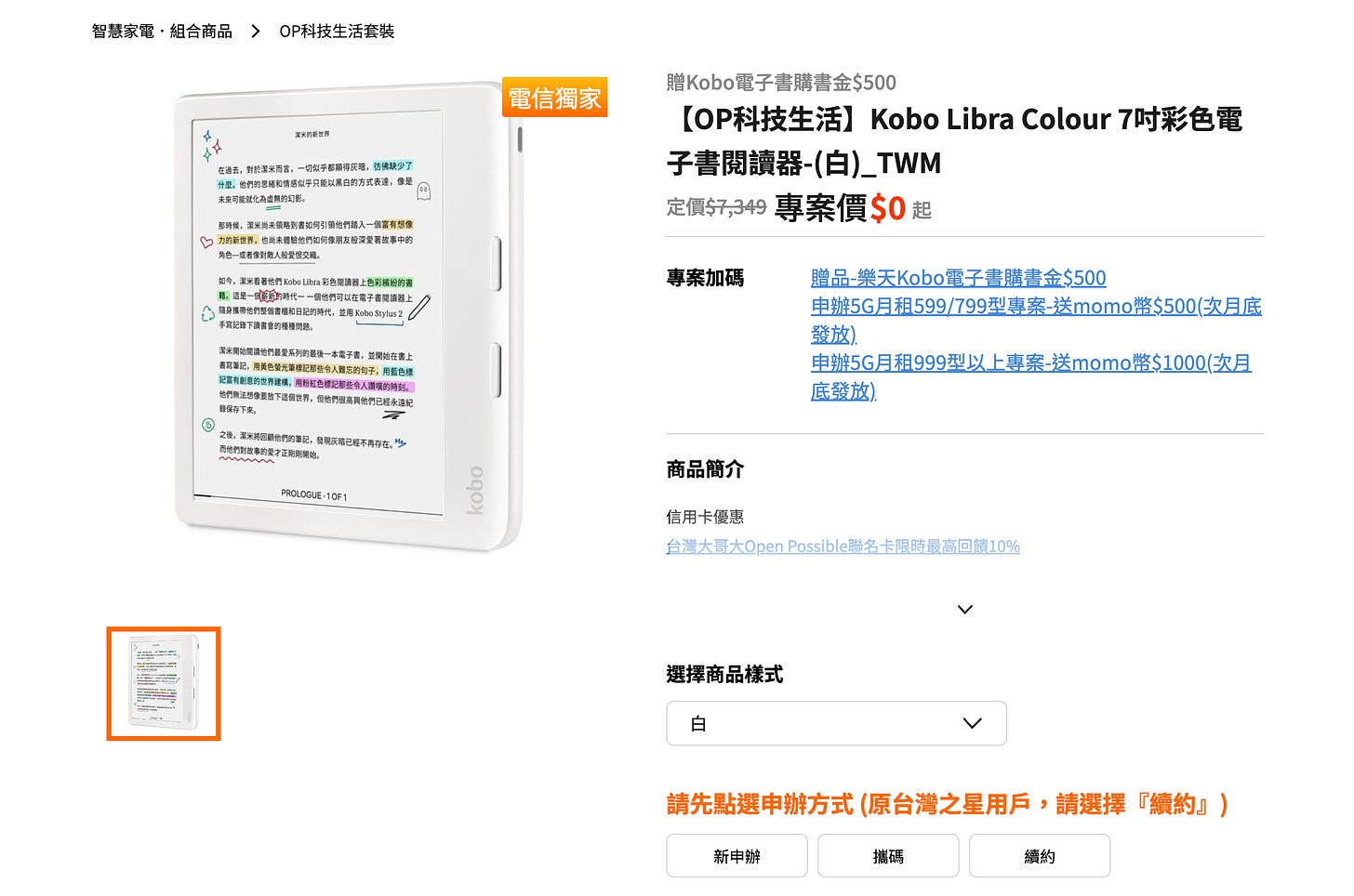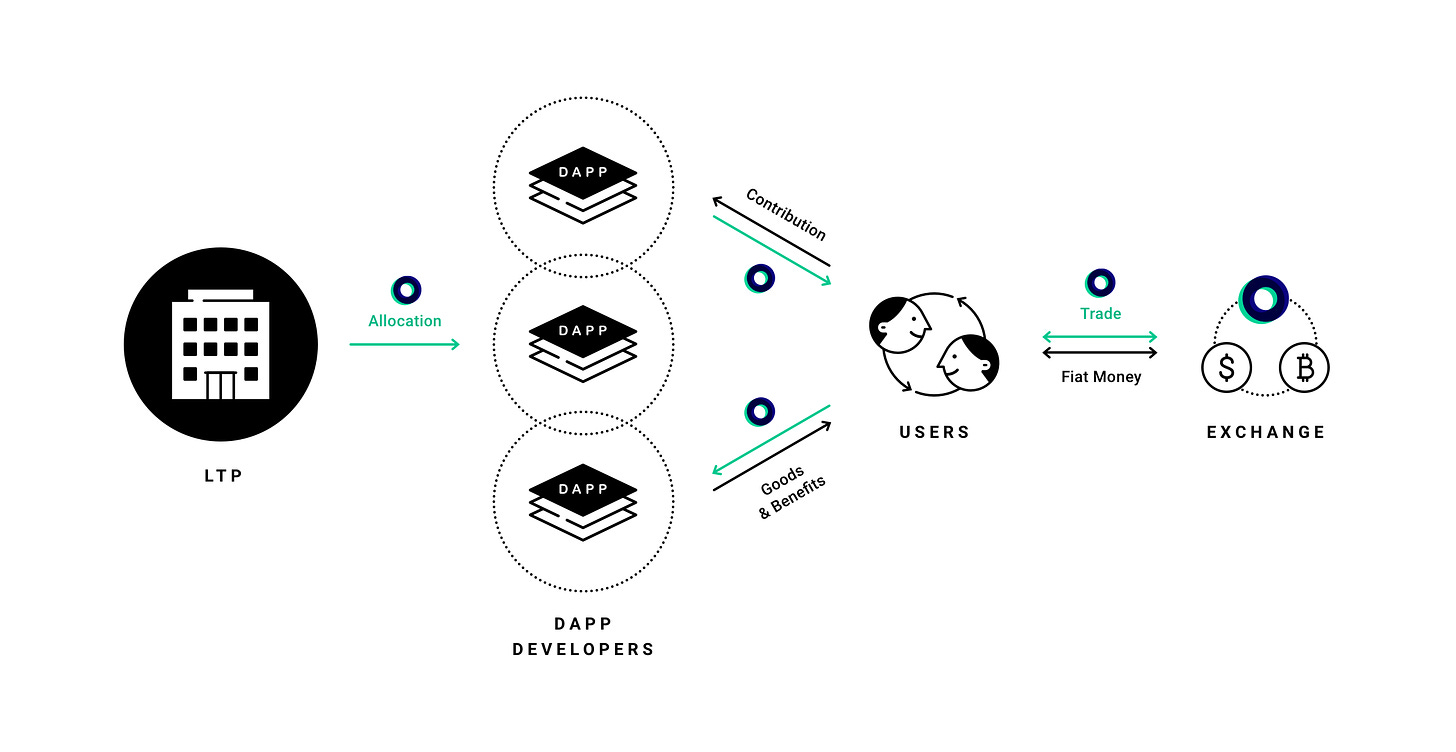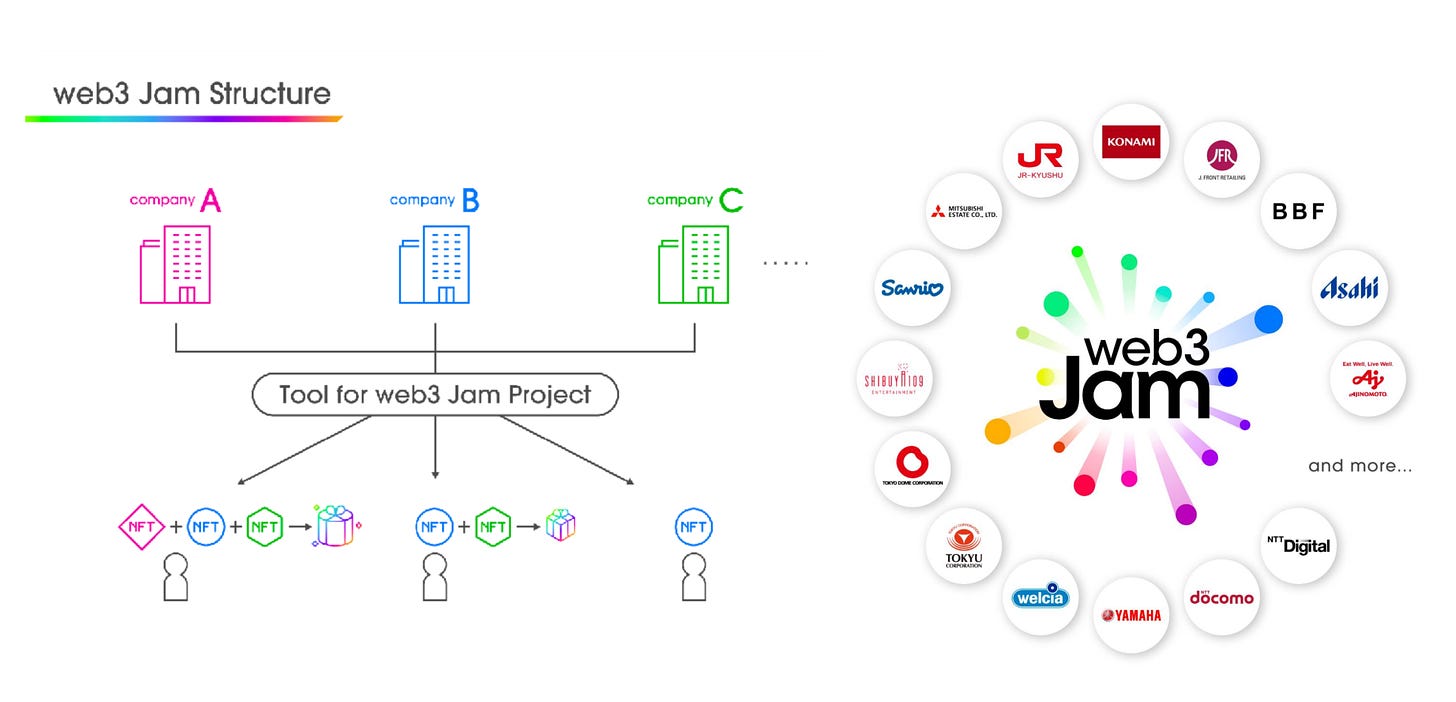GM,
Last week, the Financial Supervisory Commission announced the latest batch of businesses that completed the "Anti-Money Laundering Compliance Declaration." Eagle-eyed reporters immediately noticed that the newly added "Fusheng Digital Co., Ltd." became Taiwan's 26th virtual asset platform operator. At first glance, it's unclear who they are, but a quick search reveals that "Fusheng Digital" is a subsidiary of Taiwan's second-largest telecom company, Taiwan Mobile.
Taiwan Mobile is part of the largest conglomerate in Taiwan, Fubon. From Fubon Bank, Taiwan Mobile, MOMO Shopping, Kbro Broadband, to Fubon Construction and sports events, the lives of Taiwanese people are already deeply intertwined with Fubon. Now, Fubon is expanding its business scope to include cryptocurrencies.
Why would a telecom company start a cryptocurrency exchange? The largest telecom company in Japan, NTT, and the most familiar to Taiwanese, LINE, both have practical experiences that can be referenced. Taiwan Mobile's cryptocurrency service concept may not be limited to just an exchange.
Telecom Companies Launching Exchanges
In June 2023, Bloomberg, citing three anonymous sources, reported that Taiwan Mobile intends to invest in Taiwan's XREX cryptocurrency exchange. Although both Taiwan Mobile and XREX were unwilling to respond directly at the time and no further news followed, the remarks of XREX founder Huang Yaowen highlighted the incentives for telecom companies to run exchanges:
Huang Yaowen believes that as the industry develops and regulatory frameworks mature, large institutions will inevitably enter the Web3 domain... He thinks that telecom companies investing in cryptocurrency exchanges can achieve significant synergy. These institutions already have a large user base that is verified through Know Your Customer (KYC) processes, while cryptocurrency financial institutions like XREX can provide expertise in blockchain and cybersecurity.
KYC is the lifeline of exchanges. By examining the KYC process of an exchange, one can infer the type of business it conducts. Exchanges engaging in "grey area businesses" typically have flimsy KYC processes, allowing users to easily pass verification even with falsified documents. Conversely, exchanges conducting legitimate businesses would prefer to have a physical counter to verify disputed users face-to-face, preventing bad actors from spoiling the business.
The KYC data held by Taiwan Mobile can be used for various businesses, with cryptocurrency being just one of them. Fubon Chairman Tsai Ming-chung once stated in a speech that the era of cryptocurrency will inevitably arrive. Using carbon credit trading as an example, he believes that future financial products derived from carbon credits are likely to be based on blockchain transactions rather than traditional currencies.
When considering these two points together, Fubon not only has the capability but also the intention to enter the cryptocurrency space, with a focus on broader digital assets.
What Fubon plans to do was initially unknown to the public, but from the three trademarks registered by Fusheng Digital—"OPcrypto," "OPcryptoex," and "OP Crypto Asset Passbook"—I speculate that they represent three types of products: token economy, exchange, and wallet. The use case for the tokens might be related to Taiwan Mobile's sub-brand launched in 2022, "OP Music Life."
Token Economy
I specifically looked up what "OP Music Life" is for this article. Taiwan Mobile says OP Music Life is a one-stop 3C service, but I think it's essentially a 3C mall where you can pay with contracts.
Below is the Kobo e-reader I recently wanted to buy. In OP Music Life, you can get it for 0 NTD at a project price. The project refers to Taiwan Mobile's 4G or 5G plans, where as long as the tariff is high enough and the contract duration is long enough, you can not only get the desired product for 0 NTD but also receive momo coin rewards.

This sales model is familiar to everyone. If cryptocurrency is to be introduced, there are two possibilities:
Allow cryptocurrency payments.
Establish an OP token economy.
I think the likelihood of Taiwan Mobile allowing consumers to pay with BTC or ETH is low. It's more likely they will use this as a base to establish their own token economy.
LINE is a pioneer in creating a token economy with cryptocurrency. Since 2018, LINE has been laying out its cryptocurrency strategy by developing underlying blockchain technology, researching token economies, establishing exchanges, issuing the cryptocurrency LINK, and even creating a venture capital fund specifically for investing in Web3 startups, taking a comprehensive approach.
At that time, the biggest question people had about LINE was: why issue a new cryptocurrency with similar functions when there was already the LINE Points economy? LINE provided two answers12:
CEO Takeshi Idezawa said ... the paradigm has shifted to blockchain, and LINE must develop in new directions; he believes that in the future, users will transform from buyers and receivers to contributors, and the service model will shift from paid or freemium to a user-centric token economy. ... CTO Euivin Park stated that in the long term, LINK would develop towards replacing LINE Points. ... Despite the similarities between LINE Points and LINK, in terms of underlying architecture, LINE Points lack the openness and scalability of LINK.
It was evident how important cryptocurrency was to LINE at the time. It was not only seen as the company's future business model but also a solution to technical debt issues. LINE was willing to invest significant resources, with the primary purpose of establishing an exchange to list their LINK token. Offering BTC and ETH trading pairs was more of a side benefit.
I still admire LINE's vision for the future, but over the years, LINE's blockchain development has faced numerous obstacles. Ultimately, LINE announced the closure of its exchange in 2022, and its blockchain and cryptocurrency projects underwent multiple rebrandings.
On one hand, users' behavior hasn't significantly changed; most people still don't have cryptocurrency wallets. On the other hand, LINE tried to do everything by itself, using open technology to build a closed ecosystem. To this day, few exchanges or wallets support the cryptocurrency issued by LINE. It's like an online version of a single-player game that should have been a multiplayer battle game, but all the gameplay remains single-player.

Returning to Taiwan Mobile. Based on the three trademarks registered by Fusheng Digital, it seems they are also focusing on a combination of cryptocurrency, exchanges, and wallets. Perhaps Taiwan Mobile has also recognized the potential of the token economy, and it is possible they might either replace the existing momo coins or issue entirely new OP tokens. Additionally, given the extensive business landscape of the Fubon Group, the distribution and use cases of the tokens could be more diverse.
However, while everyone wants to establish a token economy, few can do it well. This is because a token economy is not about establishing a company's business model but an economic system for a community. The former makes money for itself, while the latter helps others make money. This is why Japan's largest telecom company, NTT Docomo, chose to start with a wallet and then look for partners.
NTT Builds a Wallet
In March this year, NTT launched the Web3 wallet, Scramberry Wallet. It doesn’t have significant differences from other cryptocurrency wallets on the market and even supports fewer blockchains. However, NTT recently launched a co-creation initiative called "Web3 Jam," inviting 14 companies to participate, with NTT providing funding and infrastructure. NTT's willingness to take a humble approach and undertake ungrateful tasks indicates the involvement of experts. According to the event description:
Today, NTT Digital announced the launch of the Web3 Jam event, aiming to achieve seamless corporate collaboration using blockchain technology. To date, we have received support from 14 companies... Companies not only need to create profits but also fulfill social responsibilities. However, the power of a single company is limited; cross-company collaboration has a greater impact... One of the obstacles to corporate cooperation is that each company has its own database, which cannot interconnect... We believe that interoperable blockchain technology is an ideal way to help companies collaborate seamlessly and co-create.
The event is very straightforward. Below is an illustration of Web3 Jam. NTT provides the essential wallet as a basic tool for everyone to use, while other companies are responsible for organizing events and issuing their own NFTs for users to collect. Ultimately, participants can exchange gifts with NTT, similar to collecting stamps at a fair. This event has attracted many well-known companies, including Sanrio, Asahi, JR Kyushu, YAMAHA, and Mitsubishi Estate.

Perhaps this format is just to make the event more enjoyable3; participants only need to register as members and provide their information to collect NFTs, which can then be exchanged for gifts. However, with this experience, blockchain will become a collaboration platform for these companies in the future. Data remains with individual companies, but the issued certificates (NFTs) can be kept by the users themselves. At this point, the Scramberry Wallet built by NTT becomes a kind of digital credential wallet jointly adopted by various companies.
Taiwan Mobile might indeed be preparing to launch a cryptocurrency exchange to compete with existing players. However, Taiwan has only about 30 banks, yet there are already 26 cryptocurrency exchanges. If Taiwan Mobile's sole aim was to run a cryptocurrency exchange, it wouldn’t make commercial sense, nor would there be a reason to register additional trademarks. Therefore, I speculate that launching an exchange is just the first step for Taiwan Mobile to enter the Web3 ecosystem, with the subsequent token economy and the construction of decentralized identities4 5possibly being the main focus.
Blocktrend is an independent media platform sustained by reader subscription fees. If you find Blocktrend's articles valuable, we welcome you to share this piece. You can also join discussions on our member-created Discord or collect the Writing NFT to include this article in your Web3 records.
Furthermore, please consider recommending Blocktrend to your friends and family. If you successfully refer a friend who subscribes, you'll receive a complimentary one-month extension of your membership. You can find past issues in the article list. As readers often inquire about referral codes, I have compiled them on a dedicated page for your convenience. Feel free to make use of them.



